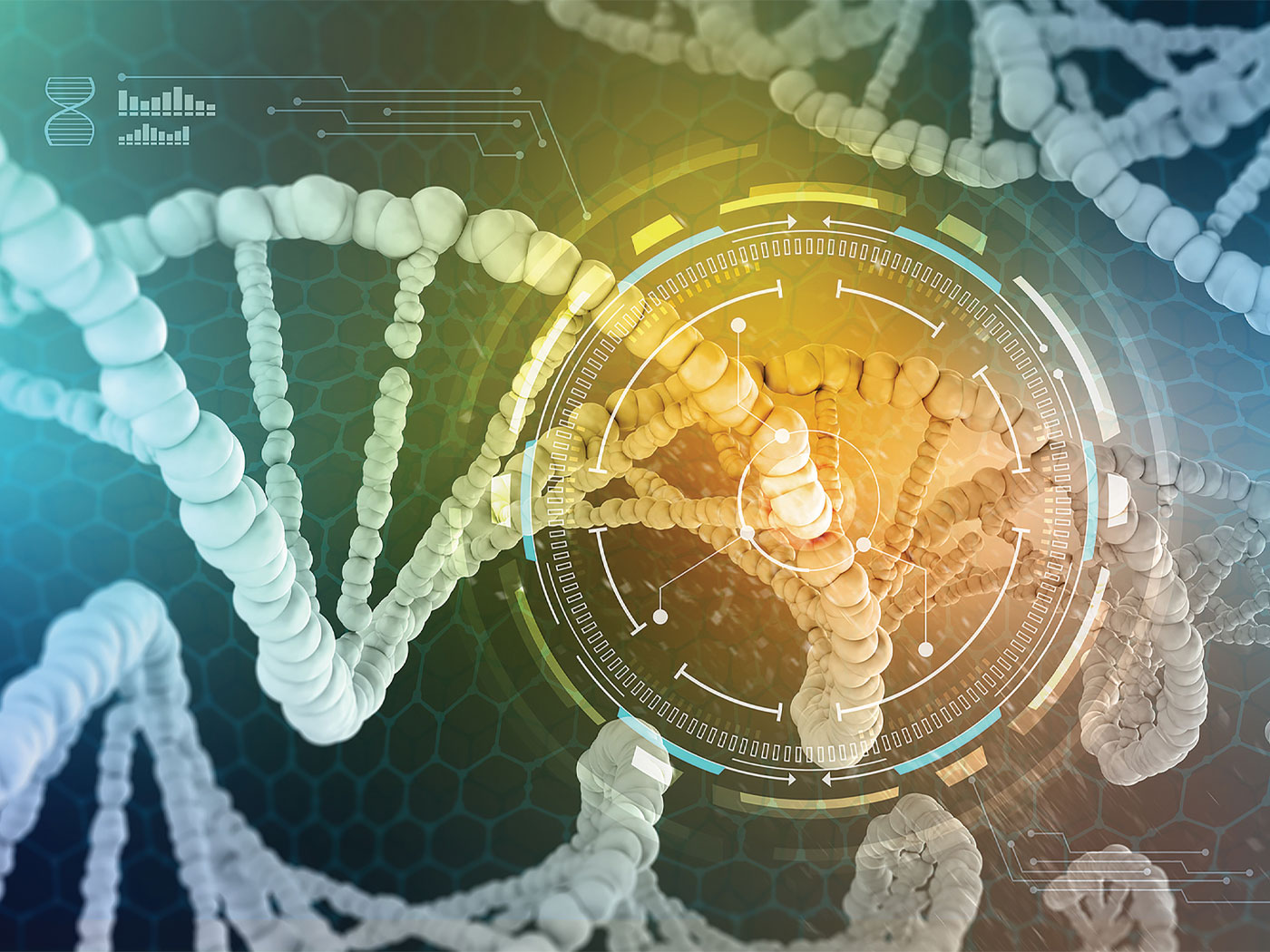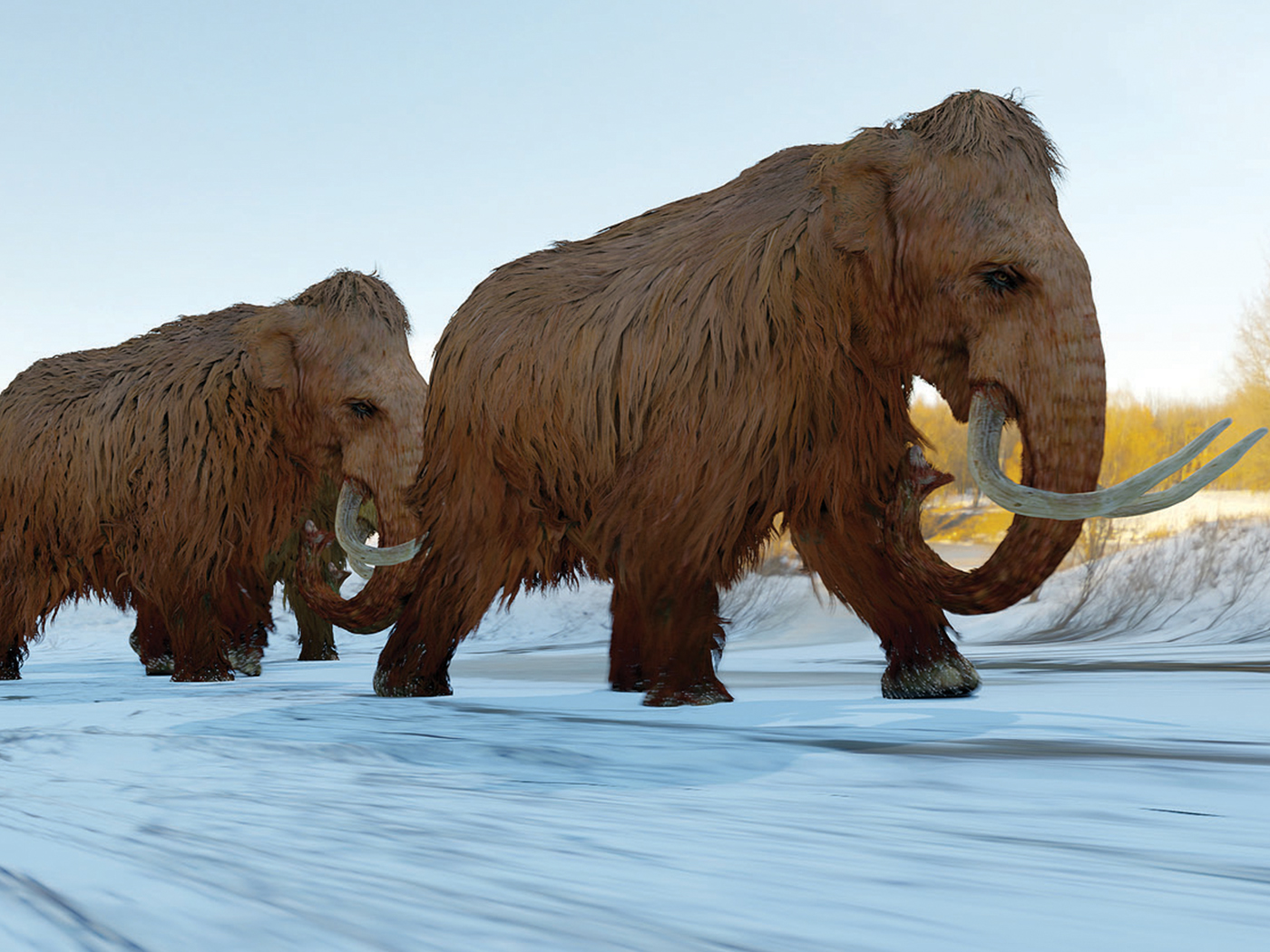How did nature supposedly transform a single-cell organism into all the varieties of land-walking animals in our world today? Textbook explanations invoke natural selection of beneficial mutations across unimaginable time, with a bit of help from “junk DNA” and heaps of serendipitous chance. Though it was not intended as a test of evolution, a new cancer research discovery jeopardizes these unfounded evolutionary assumptions.
As body cells divide, they copy billions of DNA “letters” that encode cellular building and maintenance protocols, including codes that build new proteins. Despite networks of error-detecting and correcting molecular machines, a few copying mistakes called mutations always creep in. Scientists have known for some time that mutations have the potential to cause cancer when they occur in genes used for cell growth and division. However, scientists from The Institute of Cancer Research in London recently published new finds in Nature Communications showing that mutations in DNA found far away from these cell-growth genes can also help cause cancer.1
News from The Institute of Cancer Research said, “Single-letter genetic variations within parts of the genome once dismissed as ‘junk DNA’ can increase cancer risk through ‘wormhole-like’ effects on far-off genes.”2 In other words, the mutations occur in DNA sequences found nowhere near the cell growth genes, yet somehow affect cell growth. If the sequences were truly useless, as secular scientists once maintained, then mutations there would not cause cancer anywhere. Instead, it looks like this remote DNA regulates cell processes without coding for proteins.
Similar to the remote DNA, DNA called pseudogenes was also thought to be purposeless junk at one time. But mutations in them contribute to cancer as well, showing they aren’t junk but actually affect vital functions in the body.3 Now, studies confirm that virtually all DNA is used for some task, in some tissue, at some time during a creature’s life.4
This should be bad news for a pretty popular mechanism thought to aid evolution. Supposedly, evolutionary progress benefits when mutations alter junk DNA without damaging its organism. Eventually, a useful, new gene accidentally emerges and becomes integrated into the creature’s growth process, adding a new trait upon which natural selection can beneficially act. But this new research reveals what others have been finding—that very little DNA, if any, is actually junk. And without junk DNA to mutate without repercussion, most mutations actually damage useful DNA. How does that help a sponge evolve into a spearfish?
Geneticists continually confirm that mutations rarely, if ever, add new and useful genetic programming. Instead, scientists observe mutations causing diseases. Where is the evidence for evolution’s “beneficial mutations?” It certainly does not appear in this cancer research. In fact, the relentless pile-up of mutations over many generations flies in the face of conventional “millions of years” wisdom. Eventually, essential genetic information gets too garbled, resulting in mutations galore and eventual species extinction. If we have been accumulating mutations as a human race for millions of years, why are we not already extinct?5
Nowadays, even cancer research disagrees with the assumptions of beneficial mutations, millions of years, and junk DNA. However, this new cancer research does agree with the idea of a once perfect, recent creation that still suffers under its Genesis 3 curse.
References
- Jäger, R. et al. 2015. Capture Hi-C identifies the chromatin interactome of colorectal cancer risk loci. Nature Communications. 6 (6178).
- Cancer risk linked to DNA ‘wormholes.’ The Institute of Cancer Research. Latest News. Posted on icr.ac.uk February 19, 2015, accessed February 22, 2015.
- Thomas, B. RNA Discoveries Refute Key Evolutionary Argument. Creation Science Update. Posted on icr.org August 23, 2011, accessed February 23, 2015.
- The ENCODE Project Consortium. 2012. An Integrated Encyclopedia of DNA Elements in the Human Genome. Nature. 489 (7414): 57-74.
- Thomas, B. New Genomes Project Data Indicate a Young Human Race. Creation Science Update. Posted on icr.org November 9, 2010, accessed February 23, 2015.
* Mr. Thomas is Science Writer at the Institute for Creation Research.
Article posted on March 12, 2015.















